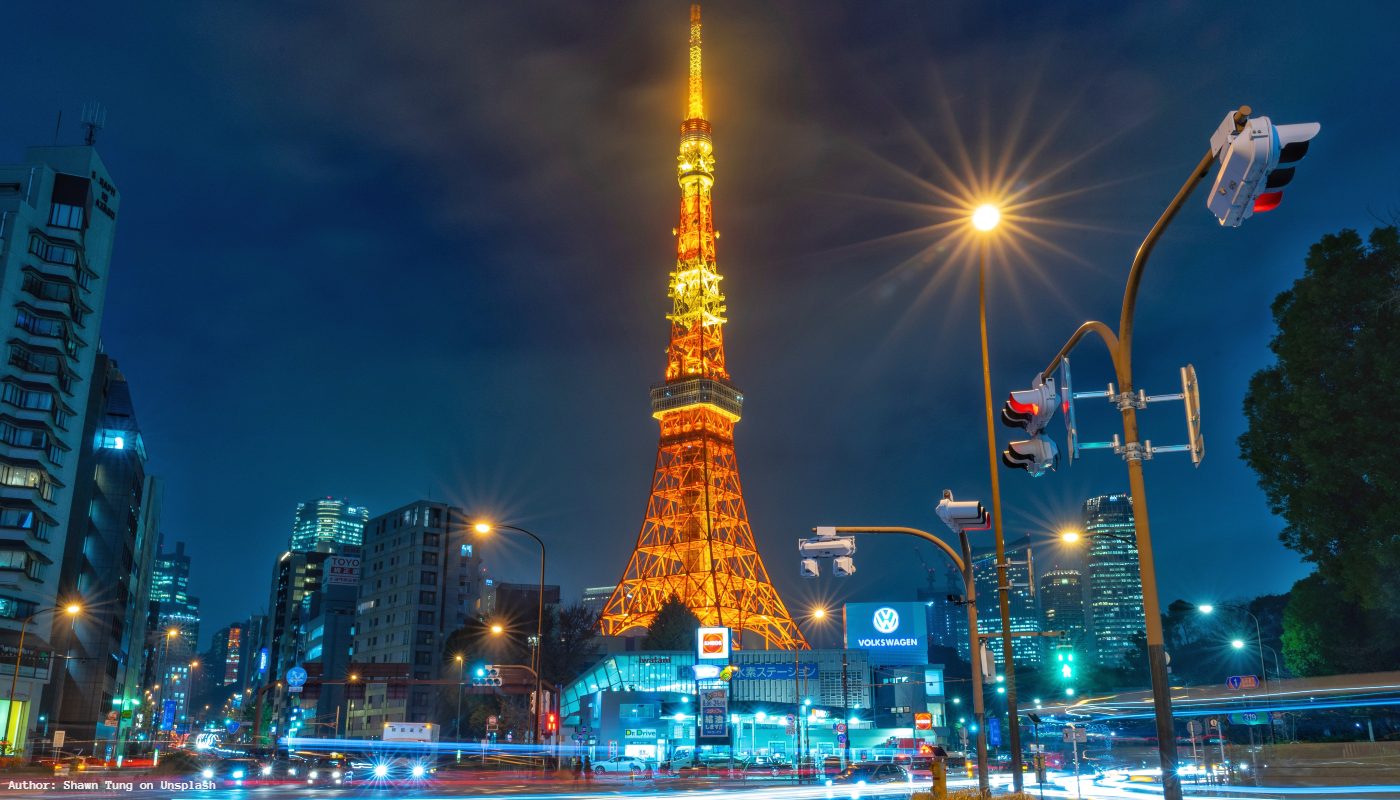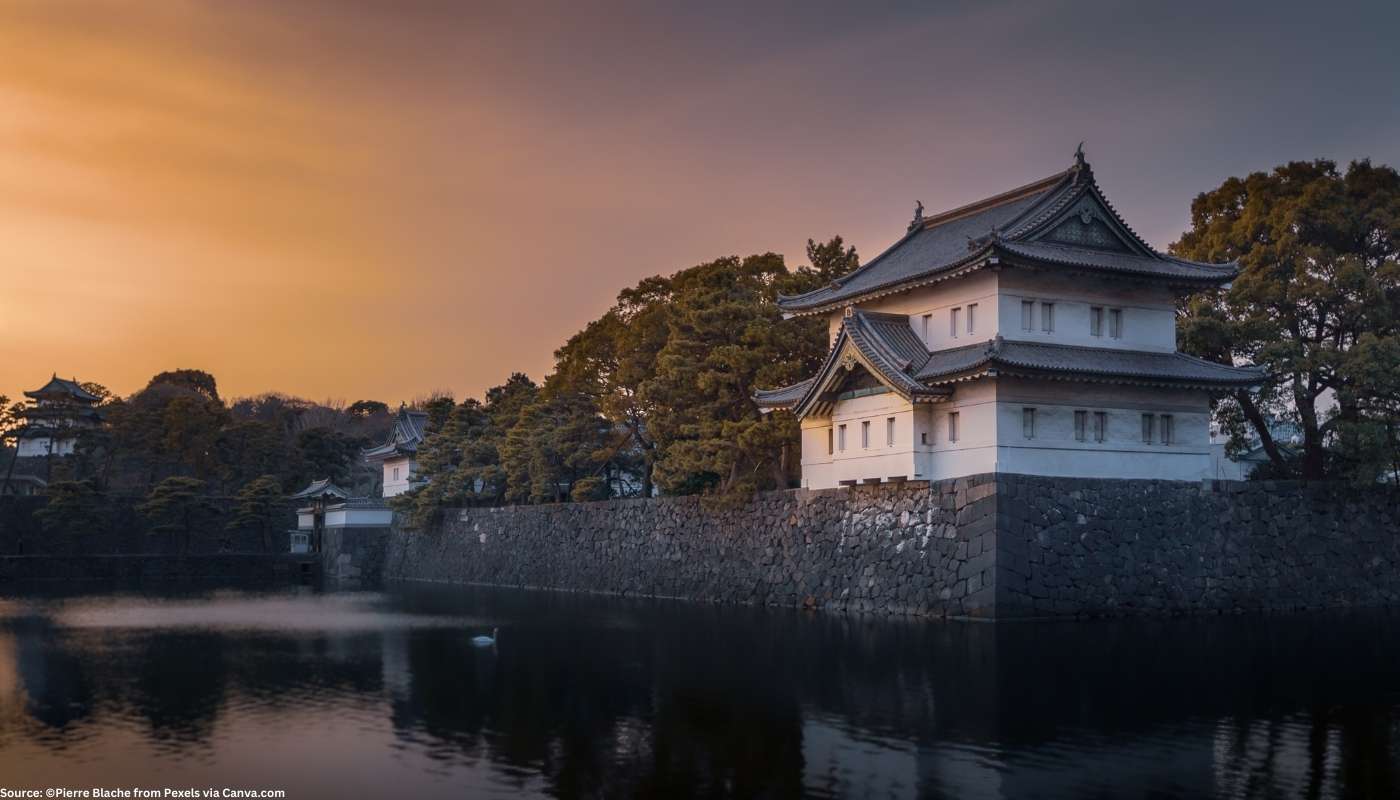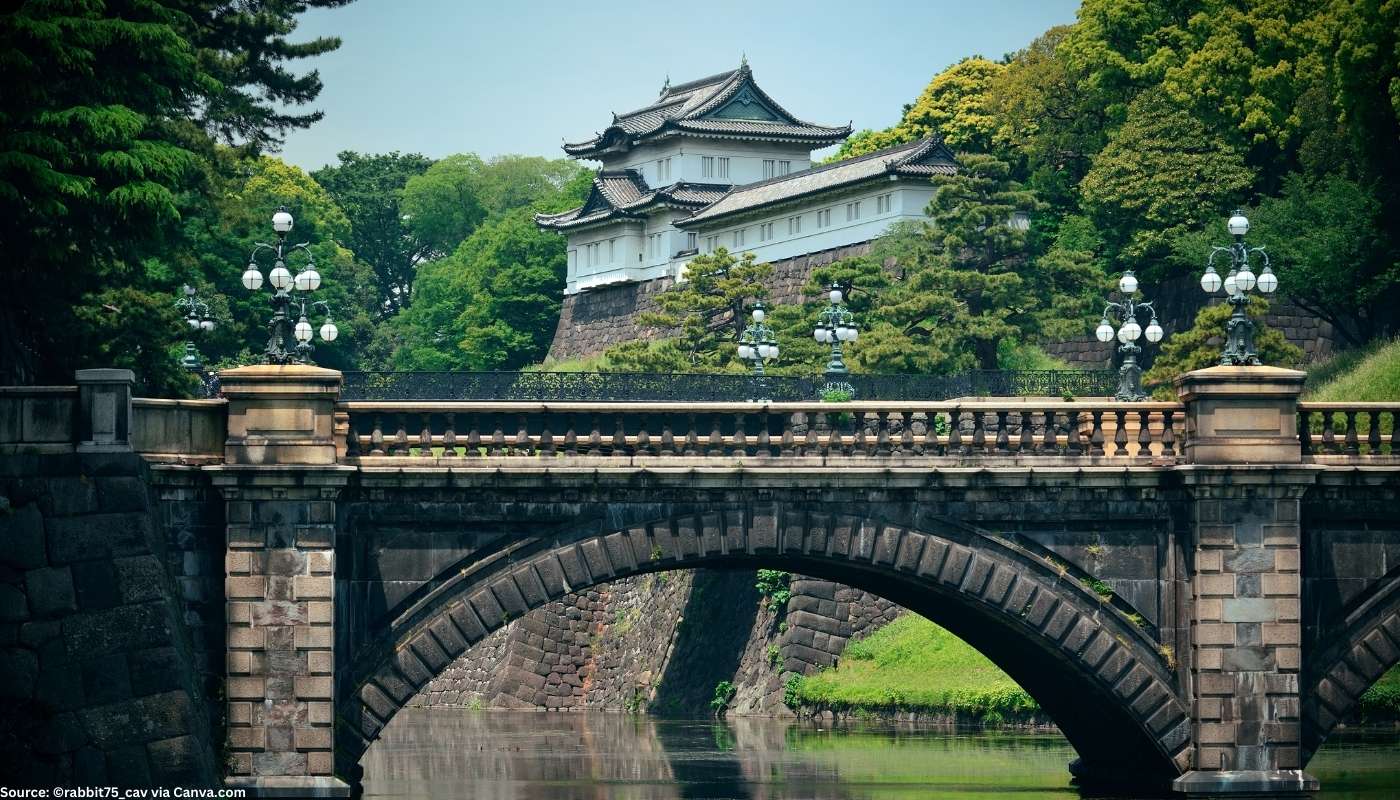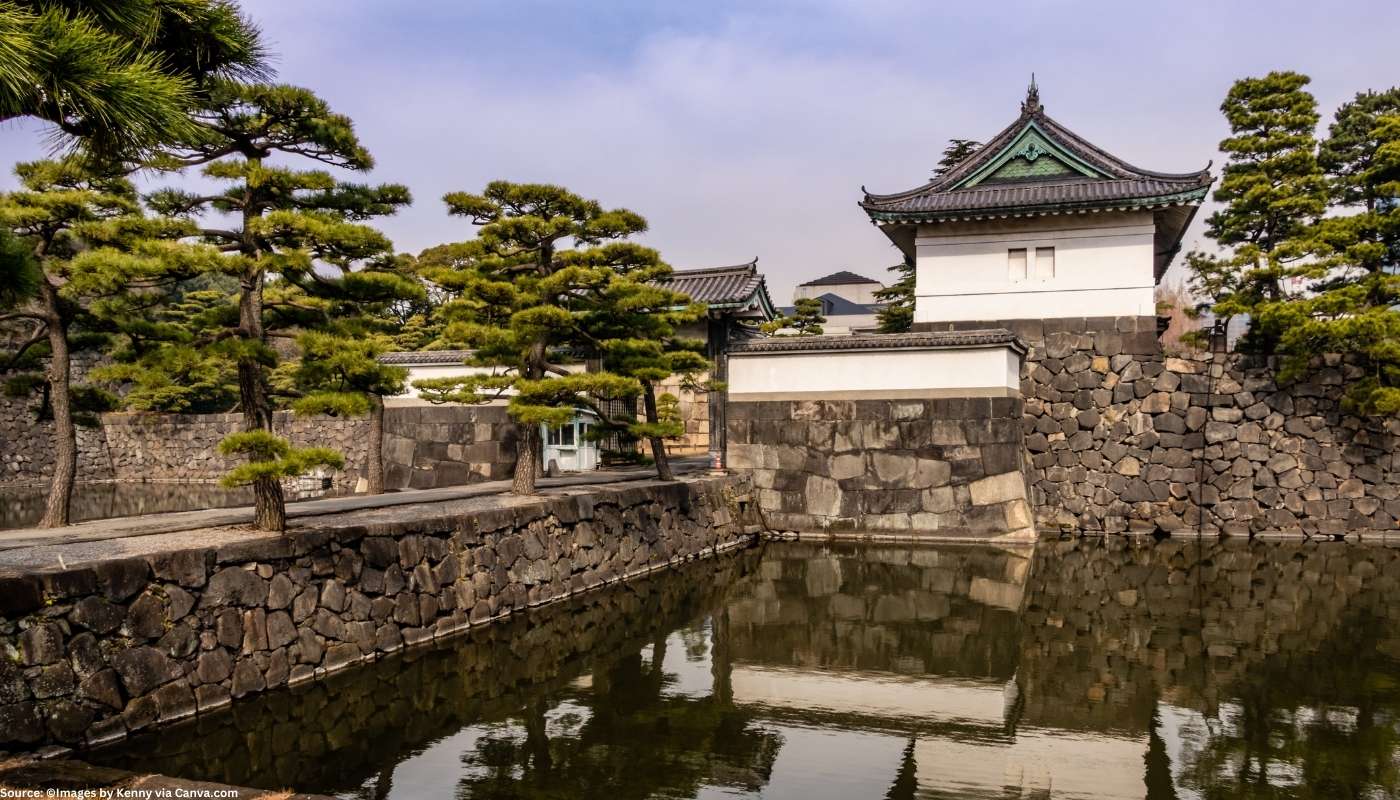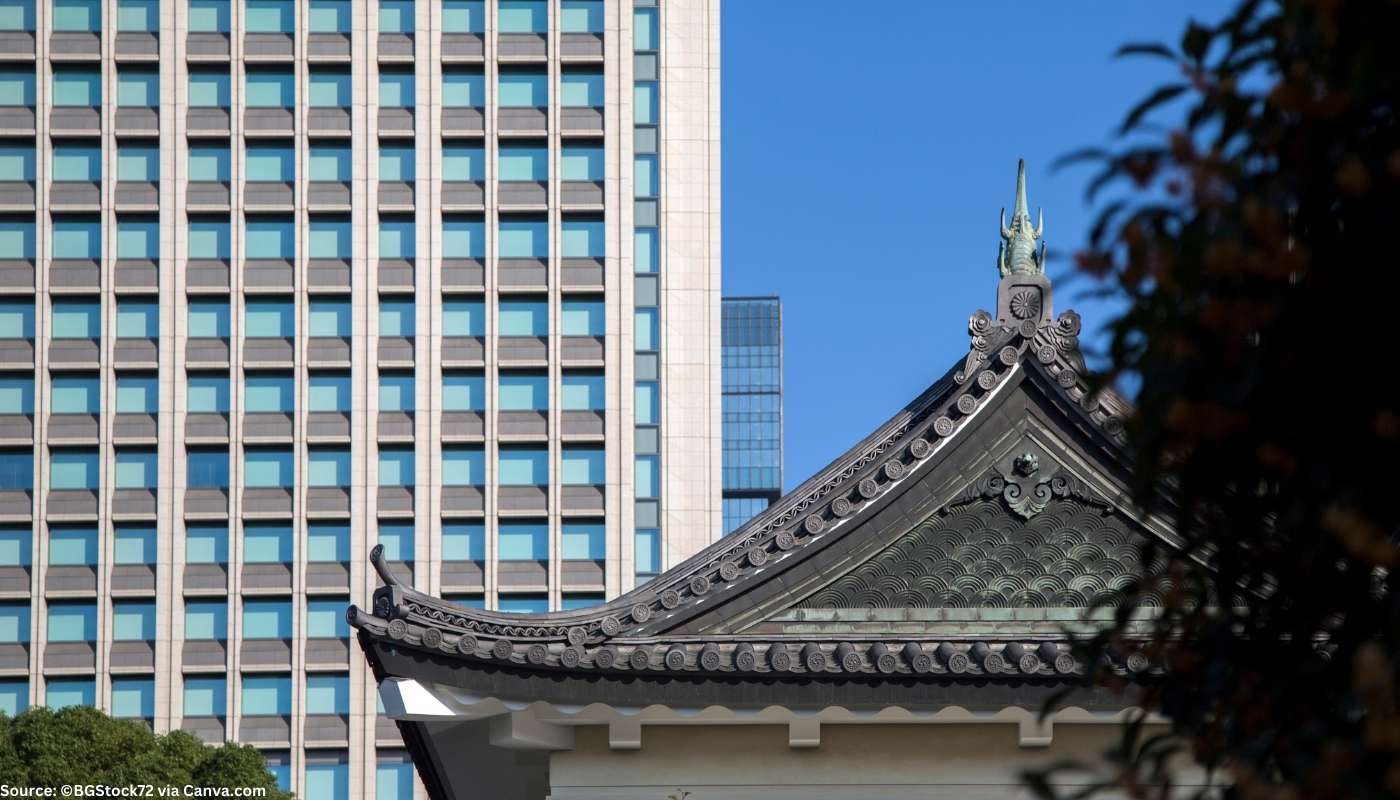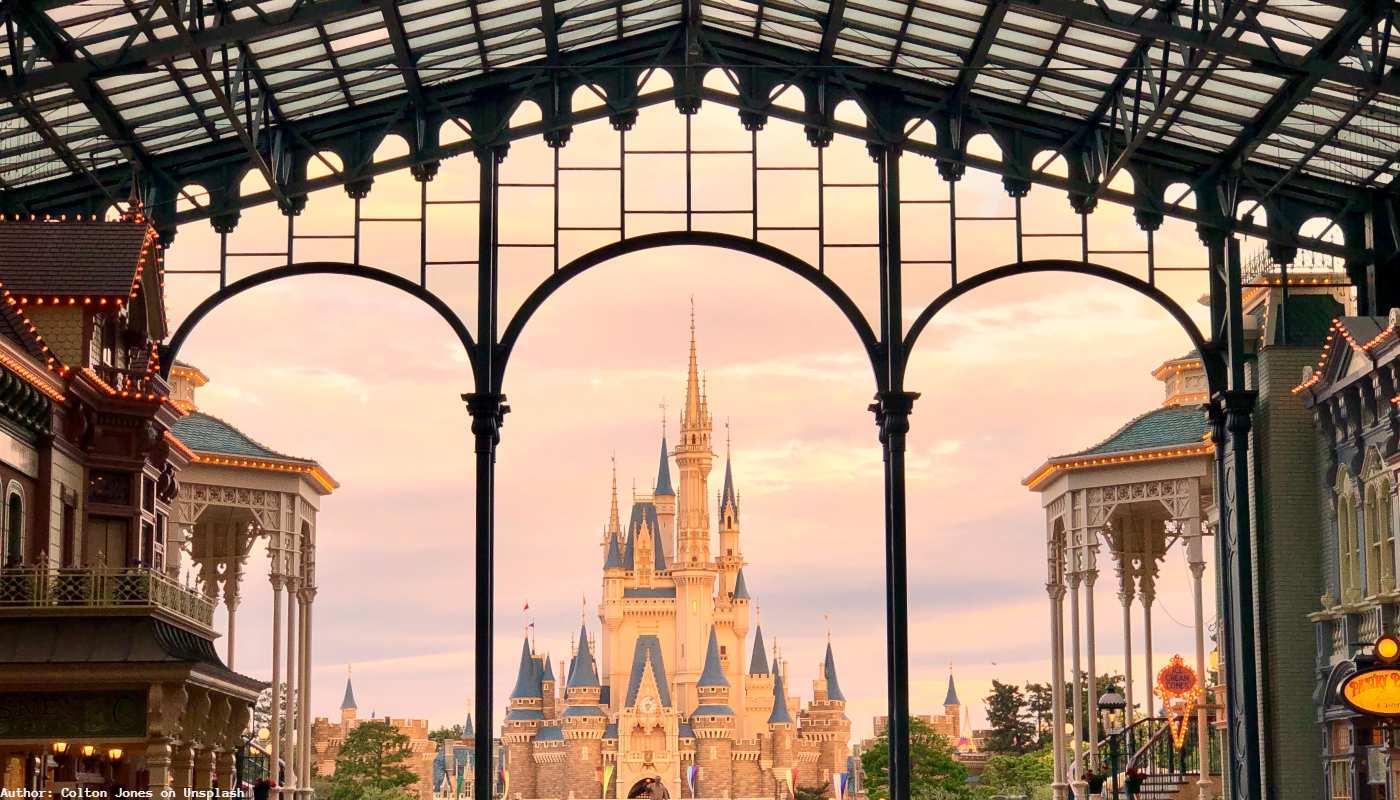When to visit Japan during the year?
Japan's climate is diverse, with four distinct seasons, each offering unique experiences for travelers. Spring (March to May) is renowned for cherry blossoms, especially in Tokyo and Kyoto, attracting millions of tourists. Summer (June to August) brings vibrant festivals and is ideal for exploring coastal areas like Okinawa. Autumn (September to November) is famous for stunning fall foliage in places like Nara and Nikko. Winter (December to February) offers excellent skiing opportunities in the Japanese Alps, particularly in Hakuba and Niseko, drawing winter sports enthusiasts. According to tourism statistics, spring and autumn are the peak seasons, but each season has its charm.
How to get to Japan?
Traveling to Japan can be a seamless experience thanks to its well-connected transportation options. Whether you are coming from Asia, Europe, or the Americas, there are numerous ways to enter this vibrant country.
- Main airports include Narita International Airport (Tokyo), Kansai International Airport (Osaka), and Haneda Airport (Tokyo). Major airlines connect from all continents, such as American Airlines from North America, Emirates from the Middle East, and Qantas from Australia.
- Low-cost carriers like Peach Aviation and Vanilla Air offer affordable regional flights.
- Typical flight times from major cities: Los Angeles to Tokyo (around 11 hours), London to Tokyo (around 12 hours), and Sydney to Tokyo (around 10 hours).
- Main bus stations like Shinjuku Station in Tokyo connect to various cities including Kyoto, Hiroshima, and Nagoya.
- Buses offer routes across regions, making travel not only affordable but also comfortable.
- The Shinkansen (bullet train) operates internationally from cities like Shimonoseki, connecting with South Korea.
- Main routes include the Tohoku Shinkansen from Tokyo to Morioka (around 2 hours).
- Japan has an extensive network of highways, with the Tomei Expressway connecting Tokyo to Nagoya.
- Distances: Tokyo to Osaka (about 500 km, 5 hours drive).
- Tolls are common, and road conditions are generally excellent.
Tourist activities in Japan
Japan offers a rich tapestry of activities for all types of travelers. Here are some highlights divided by themes:
- Cultural Experiences: Explore ancient temples and shrines like Kyoto’s Kinkaku-ji and Nara's Todai-ji. Visit traditional tea houses or participate in a tea ceremony.
- Modern Attractions: Discover the bustling streets of Shibuya and Akihabara in Tokyo, where technology meets pop culture. Experience the unique themed cafés and entertainment available throughout the city.
- Outdoor Adventures: Go hiking in the Japanese Alps or visit Mount Fuji. Hokkaido is perfect for skiing and snowboarding in winter, while summer offers hiking and beautiful flower fields.
- Food Tours: Sample world-renowned sushi in Tsukiji Market, ramen in Fukuoka, and local delicacies in Osaka’s Dotonbori district. Each region boasts its own culinary specialties.
- Festivals: Attend vibrant festivals like the Gion Matsuri in Kyoto or the Nebuta Matsuri in Aomori, which showcase traditional music, dance, and colorful floats.
No matter your interests, Japan’s unique blend of tradition and modernity promises an unforgettable experience.
Accommodation in Japan
Accommodation in Japan ranges from luxurious hotels to budget-friendly hostels, offering options for every traveler. Major cities like Tokyo and Osaka are home to a multitude of hotels, with prices varying greatly based on location and time of year. On average, mid-range hotels cost between $100 to $250 per night, while luxury accommodations can exceed $500. For budget travelers, hostels and capsule hotels offer beds for as low as $20. Seasonal variations can affect prices, particularly during cherry blossom season in spring and the autumn foliage period. Unique options like ryokan (traditional inns) provide an immersive cultural experience and often include breakfast, enhancing your stay.
Food in Japan
Japanese cuisine is celebrated worldwide for its intricate flavors and presentation. Staples include sushi, sashimi, ramen, and tempura, each offering a glimpse into the country’s culinary heritage. Expect to pay around $10 to $30 for a meal at a casual restaurant, with higher-end dining experiences reaching $100 or more. Iconic dishes vary by region: sample fresh seafood in Kanazawa, savor hearty ramen in Fukuoka, or enjoy traditional kaiseki meals in Kyoto. Don't forget to try local snacks like takoyaki and mochi. From street food to fine dining, Japan caters to every palate and budget.
Important numbers and information
- Emergency Services: Police: 110; Ambulance and Fire Brigade: 119
- Embassy Contacts: U.S. Embassy in Tokyo: +81 3-3224-5000
- Main Airports: Narita International Airport, 1-1 Furugome, Narita, Chiba 286-0104, Japan; Kansai International Airport, 1 Senshikou, Izumisano, Osaka 549-0001, Japan.
- Currency: Japanese Yen (JPY); major credit cards are widely accepted.
- Visa/Passport Regime: Most travelers can enter Japan visa-free for 90 days; check specific requirements based on nationality.
What to see in Japan?
Japan is filled with fascinating cities and attractions that highlight its cultural heritage and natural beauty. Some key locations include:
- Tokyo: A bustling metropolis known for its skyscrapers, shops, and rich cultural experiences. Visit the Senso-ji Temple and the Imperial Palace.
- Kyoto: Famous for its classical Buddhist temples, stunning gardens, and the iconic Fushimi Inari-taisha shrine.
- Hiroshima: An essential city for its historical significance and the Hiroshima Peace Memorial Park.
- Osaka: Known for its modern architecture and vibrant nightlife, don't miss Osaka Castle and the Dotonbori district.
- Nara: Renowned for its large deer population and historic temples including Todai-ji, which houses a giant Buddha statue.
These destinations capture the essence of Japan and provide visitors with unforgettable experiences.
History, geography and climate
Japan's history is rich and complex, marked by periods of isolation and transformation. From its origins in prehistoric times to its emergence as an industrial powerhouse in the 20th century, Japan has seen significant changes. Geographically, Japan is an archipelago consisting of four main islands—Honshu, Hokkaido, Kyushu, and Shikoku—surrounded by the Pacific Ocean. The landscape features mountains, forests, and coastal plains, with Mount Fuji being the most iconic peak. The climate varies greatly: summers are hot and humid, while winters can be cold, especially in northern regions like Hokkaido, where average temperatures can drop below freezing. An understanding of Japan's geography and climate will enhance your travel experience.
Population and culture
Japan has a population of approximately 126 million, predominantly consisting of ethnic Japanese. The official language is Japanese, with regional dialects adding to the cultural landscape. Shinto and Buddhism are the two major religions, influencing many cultural practices and festivals. Significant holidays include the New Year (Shōgatsu) and the Emperor's Birthday, with various traditional celebrations throughout the year. Japan is also known for its unique cultural features, including tea ceremonies, calligraphy, and martial arts. The country values respect, harmony, and community, which are reflected in its social interactions and daily life, making it a fascinating destination to explore.














